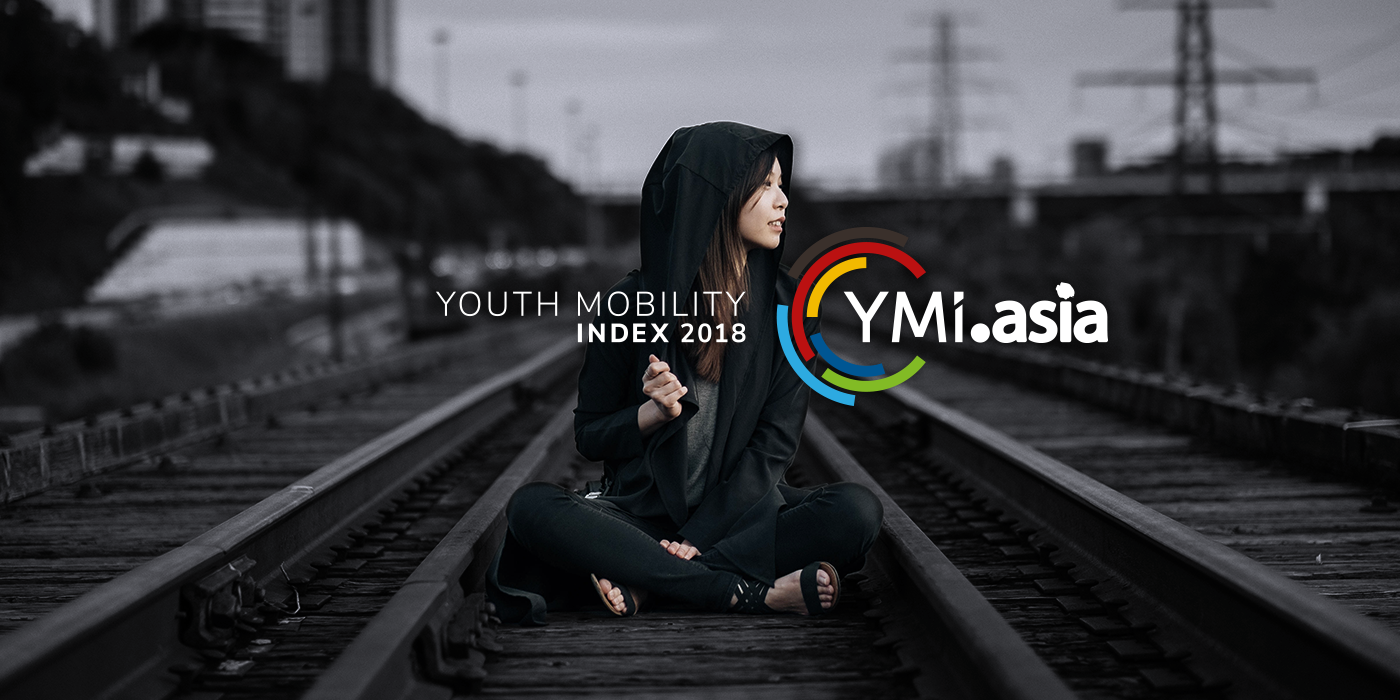Asian millennials are often put in the spotlight especially when it comes to the global economy or consumer market, being named as potential big spenders. The millennials, particularly in China and India, have demonstrated superior spending power. According to MasterCard, by 2020 the majority (60%) of the world’s millennials (18-29) will live in Asia. With an expected US$200 billion in disposable income, these millennials will have more spending power than any generation that has come before. Therefore, everyone is asking, “How do Asian millennials want to spend?” and wish to see how it shapes the future of the economy in Asia.

EAT
Unlike the previous generations, most Asian millennials refused to make owning a property or car a high priority.. A survey from CBRE found that though 65% of millennials in Asia Pacific aspired to get a place of their own, 63% live with their parents. With their monthly income at their disposal and the choice of living in their parents’ home, they opt to focus on the quality of life. Compared to baby boomers, Asian millennials eat out more often with preference on healthy cuisines and quality of food ingredients. The fast-casual restaurants that offer higher quality food than the fast food chains and offer lower price than those casual dining venues, are earning popularity in Asia. Most importantly, the dishes and the restaurant décor have to be “Instagrammable”.

PLAY
Being dedicated to unique life experiences, the Asian millennials travel frequently during their leisure time. According to MasterCard research, they are more likely to prioritize spending on experiences, such as travel. In Overall, Asian millennial travellers are more budget conscious, with a greater preference for budget accommodation and transportation options while travelling within the region especially those from countries like Indonesia and India. Chinese millennials are vastly different as they prefer to spend more with world-renowned destinations, such as USA, Japan and Hong Kong. Flying business class and staying at 4-star or higher-grade accommodations are always their choices, as reported by Asia Travel Leaders Summit. What’s in common among these Asian millennials? They all love to share their experience through platforms such as blogs, travel review sites or uploading photos or status updates through social media, which even becomes the reasons why they travel.

LOVE
In pursuit of life quality, Asian millennials tend to enjoy what technology brings them. The Ipsos Loyalty Report said 85% of Thai millennials agree that technology gives them more freedom of mobility and cannot live without a smartphone, while 78% of Malaysian millennials agree that they like technology that allows them to tailor things to fit their needs. These digital natives claimed they use it to connect with people, to remind them what to do, to wake them up and to transfer money. Online shopping is another habit driven by the high penetration of the mobile device usage. In 2015, there were 79% of Asian millennials shopped online, which was the highest in the world with China and India topping the list, followed by Singapore. Though countries like Indonesia and Philippines fall behind, the millennials from these countries will hit the online purchase targets as they grow older in the coming five years to possess such spending power.
To discover what moves young Asians, learn more about the Youth Mobility Index (YMi.asia) at www.ymi.asia

| YMI 2018 Reports | |
|---|---|
| PDF HTML | YMI 2018 REPORT |
| ALL LOCALES | |
| PDF HTML | BANGLADESH |
| PDF HTML | BHUTAN |
| PDF HTML | CHINA |
| PDF HTML | HONG KONG |
| PDF HTML | INDONESIA |
| PDF HTML | INDIA |
| PDF HTML | JAPAN |
| PDF HTML | CAMBODIA |
| PDF HTML | KOREA |
| PDF HTML | LAOS |
| PDF HTML | SRI LANKA |
| PDF HTML | MYANMAR |
| PDF HTML | MALAYSIA |
| PDF HTML | NEPAL |
| PDF HTML | PHILIPPINES |
| PDF HTML | PAKISTAN |
| PDF HTML | SINGAPORE |
| PDF HTML | THAILAND |
| PDF HTML | TAIWAN |
| PDF HTML | VIETNAM |
The fate of the Vietnamese youth
Following the end of Vietnam War in the 1970s, the local Vietnamese experienced the unprecedented large-scale outbound mobility as they fled Vietnam by taking refugee boats heading to neighbourhood localities such as Australia, Indonesia, Malaysia, Philippines, Singapore and British Hong Kong. The mobility continued in the following decades …
A look into the WeChat universe
It was my own experience in China. During a recent business trip, when I entered a small eatery for a quick dinner, I was the only person who asked for a menu and food ordering service. Later on, again, I was the only one who asked for a bill as the other simply walked out of the restaurant right after finishing their dishes.
5 reasons you should move to Thailand
If you feel tired of your current working and living environment, you should probably be moving forward. Getting out of a comfort zone has never been easy for anyone and that is why it is common to see people around you grumble and work reluctantly at the same time. However, a determined mind with a passionate heart to follow your dream life could possibly pull you out of the state of inertia. Moreover, an appealing location out of your locality is even a strong force of attraction. What about Thailand?




